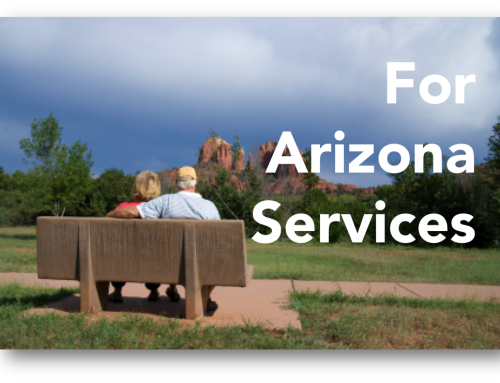Since we never know when the day will come that we pass away, putting off Arizona estate planning is not a good idea. Should you procrastinate in this area of financial planning, it could mean major consequences for the family you leave behind. Learn about the basics of Phoenix will and trusts to get on your way to smart planning today.
What is a Will?
A Phoenix will is fairly simple – it is a legal document that determines who gets what assets in the event of your death. You can design your will to include many different beneficiaries and divide your belongings however you see fit. This type of estate planning is pretty basic and very common. If you do not have a will, it may be very difficult to determine how your estate should be distributed, especially if you have been married more than once or have children.
What is a Trust?
A trust is a type of agreement that goes into documentation that outlines the way you want your property, or estate, to be handled in the event of your death. Sometimes trusts also come into play should you be rendered incapable of handling your estate when you are alive – this would basically include a mental or physical condition that makes it impossible for you to make decisions on your own such as Alzheimer’s or a coma. A Phoenix trust is a way to designate not just who gets your money but how it is spent. For instance, should your beneficiary be a minor child, the trust could hold the money you left to them until they reach legal age. You can also designate your assets to go towards things such as living expenses for family members or college tuition. A trust will also protect your money from taxation in the event of your death and cannot be reached by bill collectors or used towards settlements against you.
Who Needs Phoenix Will and Trust Programs?
Anyone who has anything of value, be it emotional value or monetary value, has significant use for a will and or trust program. Establishing a Phoenix will or Phoenix trust (many times it’s both) is just another responsible part of estate and financial planning. Not having a plan for your assets in place for your demise will impact those you leave behind significantly. If no beneficiary is named to your estate, it will immediately go into probate court will it will go through the court system until it is decided by a judge who gets your estate and how much of it they will get. Even if all goes well for your family members, this will certainly mean the loss of time spent researching laws, hiring laws, showing up in court, etc. AND the loss of money in legal fees and time off from work.
Need Help?
If you are not sure as to what legal document you currently have contact one of our professionals to help you with your estate planning. They will make sure you have all of your grounds covered and have the right legal documents that best suite your wants and needs.






Leave A Comment
You must be logged in to post a comment.